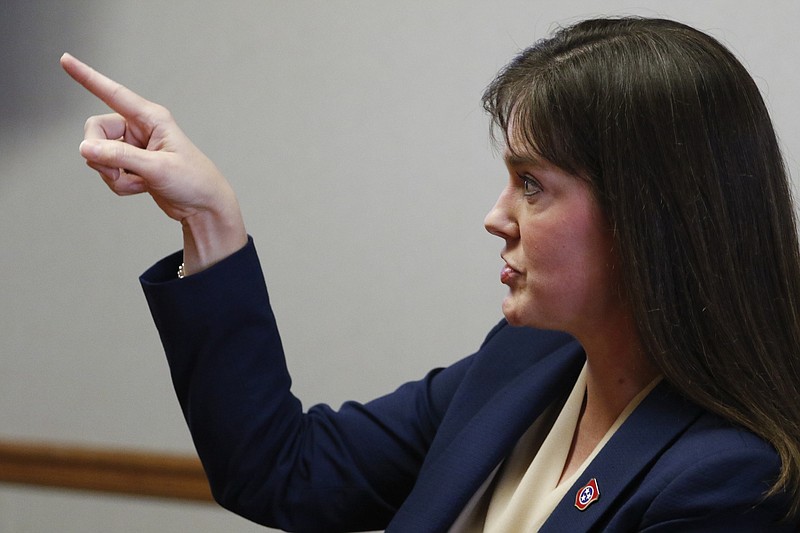A withering response from the Tennessee Department of Education to Hamilton County Schools over its priority schools plans leads one to believe that the district's current leadership is unable to get these struggling schools moving forward.
The first reaction of the state team examining the plans "was one of concern." The January report was issued in response to district plans sent to the state in October. Worse, the district's plan "for the 2015-2016 year lacked a comprehensive approach," and the restructuring strategy for 2016-2017 "leaves the review team with great pause."
"The lack of cohesiveness across Priority School plans points to an unfocused approach from district leadership," the report stated. "The plans suggest schools are working in silos as opposed to working toward a clear vision in coordination with other schools in the iZone [innovation zone, which is composed of the county's priority schools]."
District leadership has had the state's pointed response since January. Unbelievably, as of late last week, members of the Board of Education had not seen the report.
However, last Tuesday, in a meeting with some members of the media, Hamilton County Schools Superintendent Rick Smith said repairing his relationships with the school board and the public are his priorities in light of the scorn heaped on him following his handling of the pool cue rape of an Ooltewah High School basketball player in December. Better communication, he said, will be a key to repairing those relationships.
Failing to share a critical report with either the school board or the public makes one wonder about that commitment.
The state report examined overall district plans for its five priority schools, Orchard Knob and Woodmore Elementary schools, Dalewood and Orchard Knob Middle schools and Brainerd High School, as well as plans for the individual schools.
It noted information already made public - that the percent of students scoring at or above proficiency in four of the five priority schools either stayed the same or fell in 2015 and that none of the five schools scored at or above the level required to remove them from the bottom 5 percent of schools across the state in terms of academic achievement.
Based on a one-year success rate, nine more schools fell in the bottom 10 percent of school performance in the state, the report noted.
Other data highlighted in the report indicate that local priority schools retain less effective teachers at higher rates than other priority schools in the state; that although statewide ACT scores increased from 2014 to 2015, ACT scores in Hamilton County and in county priority schools decreased over the same time; and that chronic absenteeism rates in the local priority schools far exceed the state average for all schools.
The report also pointed out the district's inability to spend part - more than $1 million - of a three-year, $10.6 million state School Improvement Grant that was awarded to staff priority schools, train their principals and teachers, and contract with multiple education partners. Three-fourths of the grant money over the period is to go directly to the schools.
No superintendent alone can be or should be responsible for changing every aspect about the culture of schools and the trajectory of test scores, but a superintendent should be expected to offer more than what the report said was an "unfocused approach" about changes in the priority schools.
The Chattanooga 2.0 education initiative attempts to point out the inability of many local residents, because of a lack of proper schooling and training, to latch on to the good-paying jobs here. Unfortunately, unless these priority schools improve, their students likely will be destined to live a life of vulnerability.
The state offers specific recommendations for the priority schools. It also says the state will begin to explore the option of expanding its Achievement School District into Chattanooga to encompass the priority schools, and to explore the possibility of current charter schools and other local school operators to expand to serve those schools.
With this fresh indictment from the state, with the Ooltewah High rape case dragging on and with the specter of Smith's requested but rejected buyout, the district - especially with renewed attention on the priority schools - needs new energy and leadership to move forward.
